
Our vision:
A safe and healthy Kitsap County for all.
Substance Use Prevention & Response
Drugs and alcohol have a profound effect on a person’s health and wellbeing and can impact their family and community. Addiction can happen to anyone — one in six Americans report having a substance use disorder.
Recovery from substance use disorder is possible for everyone and support is available. We strive to reduce stigma, increase awareness, support effective policies and programs, and strengthen our community.

Help for substance use disorder
If you or a loved one are experiencing a crisis, call or text 988 or call 1-888-910-0416. These hotlines are available 24 hours a day. If someone is experiencing a life-threatening emergency, call 911.
You can find local treatment options and information by calling the Washington Recovery Helpline at 1-866-789-1511 or by visiting the Salish Behavioral Health website. SAMHSA has a list of opioid treatment programs organized by state online.
Preventing overdose deaths
Deaths related to drug overdose have increased in Kitsap County and nationwide in recent years.
Everyone can help prevent overdose deaths
If you use drugs: Assume any pill or powder that is not from a pharmacy could contain fentanyl. Avoid using drugs alone. If you do use alone, call 877-696-1996 (Never Use Alone).
Learn the signs of an opioid overdose. Signs include inability to wake up; slow or no breathing; and blue, gray, or ashy skin, lips or fingernails.
Naloxone (or Narcan) is a safe and simple medication that can reverse an opioid overdose. People who spend time with people at risk for overdose should keep naloxone on hand.
Check the Washington state Naloxone Finder map to find naloxone in your area.
Anyone can buy naloxone at a pharmacy without a prescription. Call ahead to check availability.
You can have naloxone mailed to your home for free if you are not able to get naloxone from a pharmacy.
Safely dispose of unwanted or expired medications using a medication return service.
Free overdose response training
Request a free training from Kitsap Public Health online or by calling 360-728-2235.
Safe medication disposal
Medications should always be returned using a medication return service or by mail. Do not flush or throw away expired or unused medications.
What to do if someone is overdosing
Evaluate for signs of an overdose.
Try to wake them by shaking and shouting their name.
Call 911.
Give naloxone (more than one dose could be needed; wait three minutes between doses).
Start rescue breathing.
Stay with the person until help arrives.
How to Respond to an Overdose (PDF)
It's safe to give help
The risk of overdosing from touching fentanyl or inhaling dust containing fentanyl is extremely low.
Under the Good Samaritan Overdose law (RCW 69.50.315), neither the victim nor person assisting with an overdose can be prosecuted for drug possession.
Substance use resources
Naloxone Finder | WA Dept. of Health
Washington Buprenorphine Hotline | Dept. of Emergency Medicine
Opioid Information | CDC
Alcohol Use | CDC
StopOverdose.org | Stop Overdose
Friends for Life Campaign | WA Friends for Life
Healthcare Provider Resources
Telebuprenorphine Hotline | Department of Emergency Medicine
Overdose Prevention Hub | CDC
Prescription Monitoring Program | WA Dept. of Health
Pain & Opioid Provider Hotline | University of Washington
Looking for more healthcare guidance or resources? Visit our Provider Resources page.

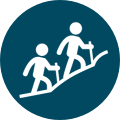
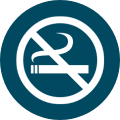
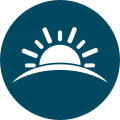
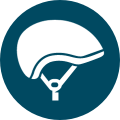
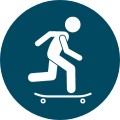
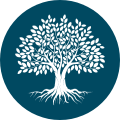
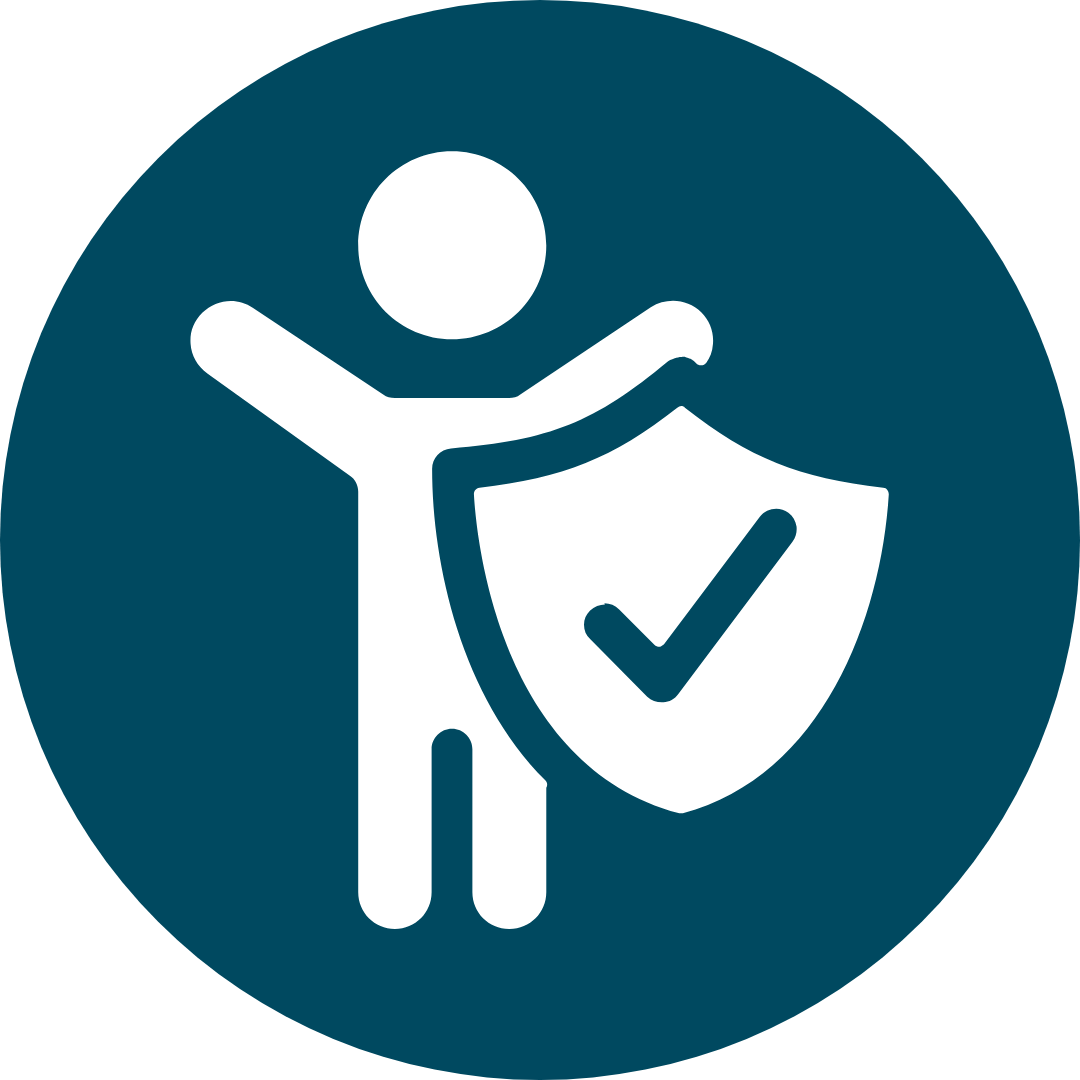




.png)
